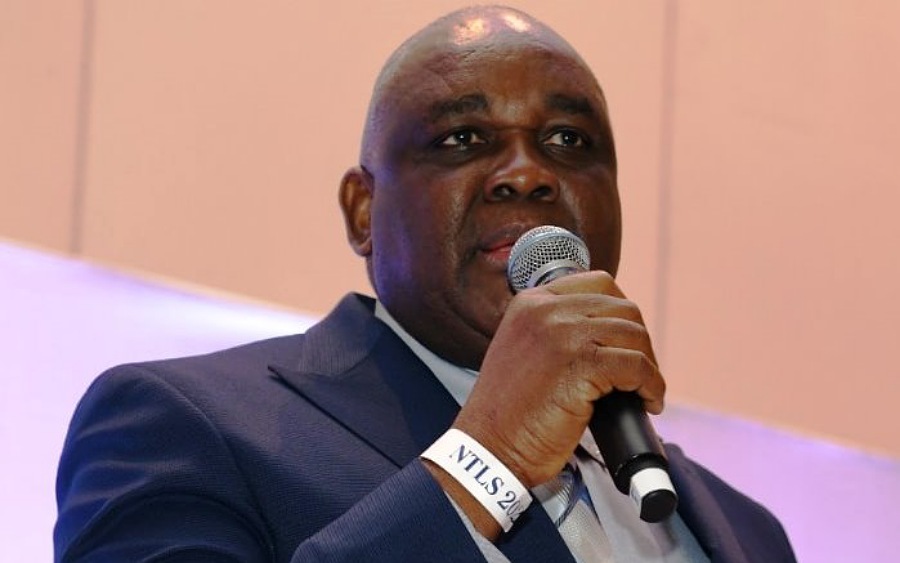NCC denies leaking Peter Obi-Bishop Oyedepo phone conversation

The Nigerian Communications Commission (NCC) on Tuesday denied the allegations on social media that it was bribed by politicians to leak Peter Obi’s telephone calls. The clarification by the NCC followed the allegation that a telephone conversation between Obi and the General Overseer of the Winners Chapel, Bishop David Oyedepo, was recently leaked.
In a statement issued Tuesday and signed by its Director, Public Affairs, Mr. Reuben Muoka, it denied the social media report that politicians had bribed the commission to track telephone conversation of Peter Obi.
According to the statement, the NCC had been inundated with enquiries by the media on allegations of telephone ‘tracking’ and ‘leakage’ made against the commission by some individuals and groups in the social and alternative media.
Part of the statement read: “The commission denies the allegations in their entirety. By the provisions of the Nigerian Communication Act (NCA) 2003 and other extant Laws of the federation, the commission does not and cannot “track” nor “leak” telephone conversations of anyone.
“The commission has reported the allegations, which we take seriously, to relevant security agencies for proper investigation and necessary action.”
The NCC in the statement, restated its commitment to discharge its responsibilities to the Nigerian people in accordance with the provisions of the Constitution of the Federal Republic of Nigeria; the NCA 2003; and other extant Laws of the Federation; and global best practices.
It therefore advised the public to disregard the allegation.
In another development, the Nigerian Communications Commission’s Computer Security Incident Response Team (NCC-CSIRT) has recommended that users of WhatsApp should set up Two-Factor Authentication (2FA) to avoid falling victim to account takeover by hackers.
In an advisory issued on Tuesday, NCC-CSIRT noted that WhatsApp, which is a Meta-owned service, is increasingly becoming a prime target for hackers and scammers who are always looking for ways to gain unauthorised access to users’ accounts.
The CSIRT described two-factor authentication (2FA) as an identity and access management security method that requires two forms of identification to access resources and data.
According to the advisory, “In the world of messaging apps, one of the most popular and recognizable platform is WhatsApp. WhatsApp is 100 per cent free to use, has a great mobile app, and supports audio and video calls. Whether you rely on WhatsApp for all your messaging needs or just use it from time to time, it is recommended to set it up with two-factor authentication (2FA). With this enabled, you will need to enter a custom PIN every time you log in to WhatsApp from a new device, adding an extra layer of security to your account.”
The team said: “2FA gives businesses or people the ability to monitor and help safeguard their most vulnerable information and networks. The 2FA is important because it prevents cybercriminals from stealing, destroying, or accessing your internal data records for their own use.”
It further stated: “WhatsApp provides two-factor authentication so you can further secure your account using a PIN. It is an optional feature that adds more security to your WhatsApp account, so it is recommended that everyone installs 2FA.”
The CSIRT listed ten steps for enabling 2FA on WhatsApp, which included: “Open WhatsApp, Tap Settings, Tap Account, Tap Two-Step Verification, Tap Enable, Enter the Six-Digit PIN you wish to use, Tap Next, then enter it a second time to confirm it, Tap Next, Add an email address for extra security (this step is optional but it is an extra way to retrieve your account if you forget your Pin) and then Tap Next.” ARISE NEWS









